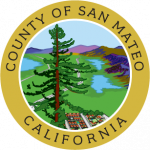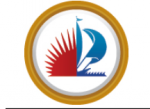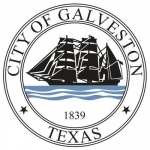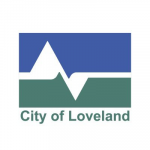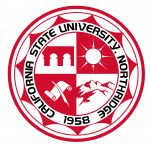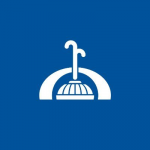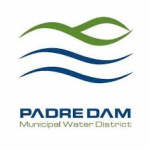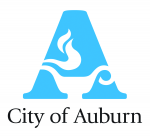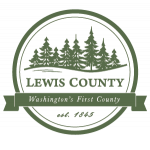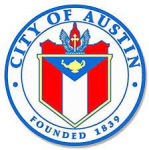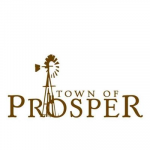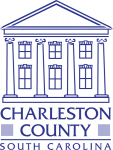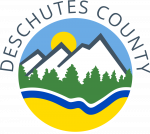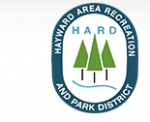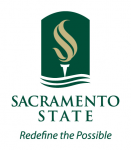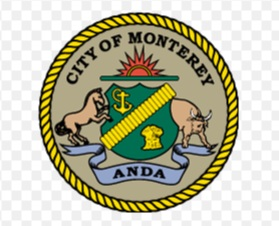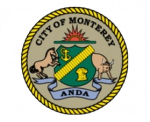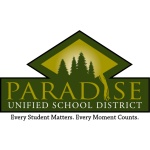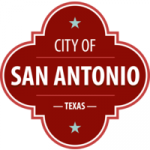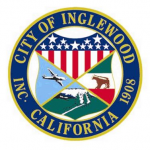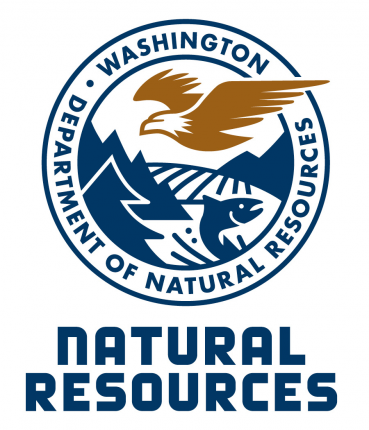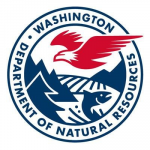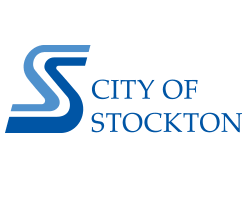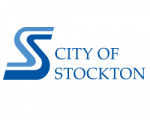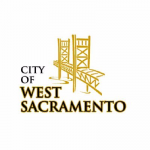A Guide to Government Customer Service Jobs: Your Path to a Thriving Public Service Career

Understanding Government Customer Service Jobs
Have you ever wondered what it's like to be the face of your local, state, or federal government? Government customer service jobs are the backbone of public institutions, providing essential support to citizens navigating complex systems and services.

These roles are diverse and impactful, offering a unique opportunity to respond to your community's needs while building a stable career.
What exactly are government customer service jobs? Government customer service jobs encompass a wide range of positions across various levels of government.
These jobs involve direct interaction with the public to provide support and a human touch, answering customer inquiries, resolving issues, and sharing information about government services and programs.
- Answering inquiries via phone, email, or in person
- Explaining government policies and procedures
- Assisting with forms and applications
- Resolving complaints and addressing concerns
- Directing citizens to appropriate departments or resources
- Maintaining accurate records of interactions and services provided
Did you know that government customer service representatives often become subject matter experts in their fields? Your job could make you the go-to person for complex policy questions!
Qualifications and Skills Required
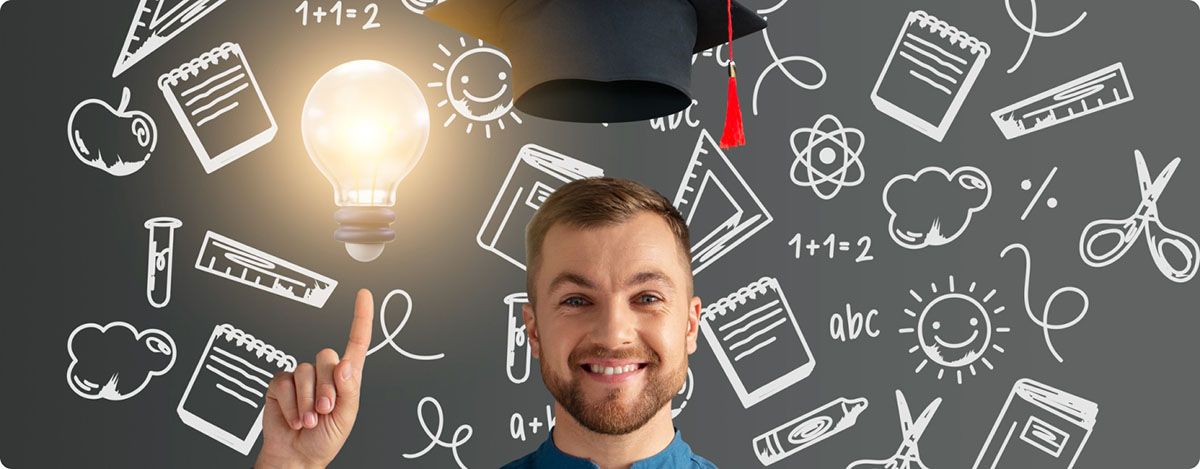
Embarking on a career in government customer service requires a unique blend of education, skills, and personal qualities. While specific requirements vary by position and agency, most government customer service jobs share some common qualifications. Let's dive into what you'll need to succeed in this field.
Educational Requirements
- Minimum Education: Typically, a high school diploma or equivalent is the baseline requirement for entry-level positions.
- Advanced Positions: Some roles, especially those involving specialized knowledge or management responsibilities, may prefer or require a Bachelor's degree.
- Relevant Fields: Degrees in public administration, business, communications, or social sciences can be particularly valuable.
Essential Skills
1. Communication Skills:- Verbal: Clear and effective speaking is crucial for explaining complex information.
- Written: You'll often need to draft emails, reports, or documentation.
- Listening: Active listening helps in understanding and addressing citizen concerns.
- Critical thinking: Analyzing situations and finding effective solutions is key.
- Decision-making: You'll often need to make judgment calls within the scope of your role.
- Creativity: Finding innovative ways to assist citizens within policy guidelines is valuable.
- Computer literacy: Familiarity with basic office software is essential.
- Database management: Many roles involve entering and retrieving data from government systems.
- Adaptability to new technologies: Government systems evolve, and you'll need to keep pace.
- Patience: Dealing with frustrated citizens requires a calm demeanor.
- Empathy: Understanding and relating to citizens' concerns is crucial.
- Cultural sensitivity: You'll interact with people from diverse backgrounds.
- Multitasking: Juggling multiple inquiries or tasks is common.
- Time management: Efficiently handling requests within service standards is important.
- Attention to detail: Accuracy is critical when dealing with government processes and citizen information.
Personal Qualities
- Integrity: Handling sensitive information requires trustworthiness and ethical behavior.
- Resilience: The ability to maintain composure in stressful situations is crucial.
- Flexibility: Government policies and procedures can change, requiring adaptability.
- Commitment to public service: A genuine desire to help others is at the core of these roles.
Additional Qualifications
- Language Skills: Fluency in multiple languages can be a significant asset, especially in diverse communities.
- Specialized Knowledge: Gain
familiarity with specific government programs or services relevant to the role.
- Customer Service Experience: Prior experience in any customer-facing role can be beneficial.
- Security Clearance: Some positions, especially at the federal level, may require background checks or security clearances.
Developing Your Skills
If you're looking to build or enhance your qualifications:
- Volunteer for community organizations to gain relevant experience.
- Take online courses in public administration or customer service.
- Practice scenarios to improve your problem-solving and communication skills.
- Stay informed about government news and policies in your area of interest.
- Seek mentorship from current government employees.
Remember, while these qualifications and skills are important, many government agencies value potential and are willing to provide training to the right candidates. Your attitude, willingness to learn, and commitment to public service can sometimes be just as important as your existing qualifications.
Applying for Positions
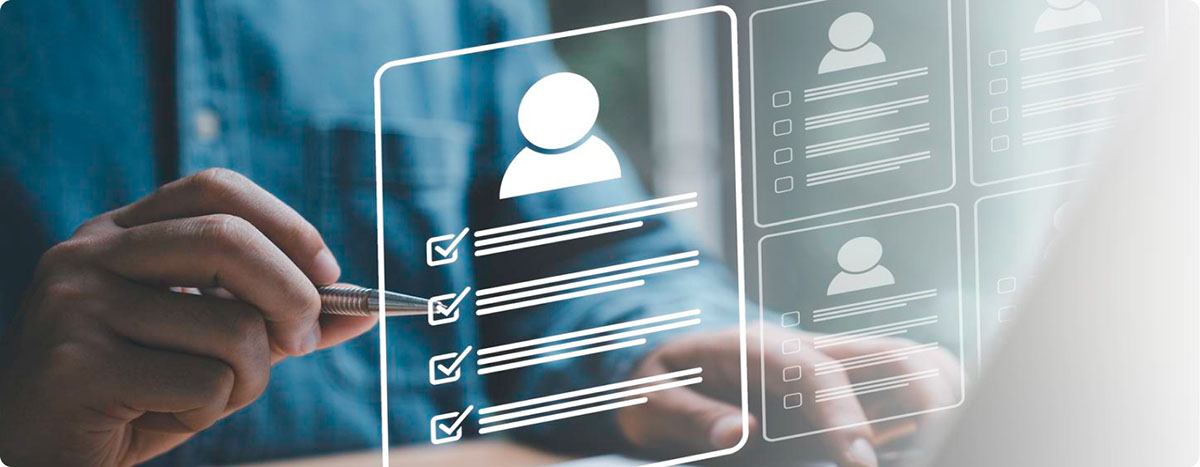
Navigating the world of government job postings can be overwhelming, but with the right approach, you can find and apply for positions that align with your skills and career goals. This section will guide you through the process of submitting strong applications.
The Application Process
1. Create a Federal Resume:- A federal resume is more detailed than a typical resume, often 2-5 pages long.
- Include all relevant experience, skills, and education.
- Be specific about duties and accomplishments in previous roles.
- Carefully read the job announcement and required qualifications of our job postings.
- Use keywords from the job description in your resume and cover letter.
- Highlight experiences that directly relate to the position.
- Government applications often involve multiple forms.
- Take your time to ensure all information is accurate and complete.
- Address the specific requirements of the job.
- Showcase your understanding of the agency's mission.
- Explain why you're passionate about public service.
- Choose references who can speak to your relevant skills and work ethic.
- Inform your references that they may be contacted.
- Some positions may require writing samples, portfolios, or certifications.
- Ensure all requested materials are included with your application.
Remember, attention to detail in your online application can demonstrate the very skills needed for the job. Every form filled correctly is a testament to your qualifications!
Tips for Success
1. Start Early:- Government application processes can be lengthy.
- Begin your job search and application preparation well before you need a new position.
- It can take weeks or even months to hear back about an application.
- Don't be discouraged by the waiting period.
- Failing to follow application instructions exactly can disqualify you.
- Double-check all requirements before submitting.
- In your resume and potential interviews, use the Situation, Task, Action, Result format to describe your experiences.
- For students and recent graduates, look into federal internship and entry-level programs.
- Attend government and community events.
- Join professional organizations in your field of interest.
- Conduct informational interviews with current government employees.
- Entry-level positions can be stepping stones to your ideal role.
- Consider temporary or term positions to get your foot in the door.
Common Mistakes to Avoid
- Missing deadlines: Government job postings have strict closing dates.
- Overlooking eligibility requirements: Ensure you qualify before applying.
- Being too modest: Clearly state your qualifications and achievements.
- Ignoring additional application steps: Some positions require assessments or questionnaires.
Remember, the application process for government jobs can be more complex and time-consuming than in the private sector. However, your patience and attention to detail can pay off with a rewarding career in public service.
The Interview Process

It's time to prepare for this crucial step in your journey to public service. Government interviews often follow a structured format, designed to assess your skills, experience, and fit for the role, steering clear of personal inquiries like asking for details regarding national origin, marital status, and sexual orientation.
What to Expect
1. Types of Interviews:- Phone Screening: An initial conversation to verify basic qualifications
- Individual Interview: One-on-one with a hiring manager or HR representative
- Panel Interview: Face multiple interviewers, often from different departments
- Virtual Interview: Increasingly common, especially for initial rounds
- Introduction and overview of the position
- Questions about your background and experience
- Behavioral and situational questions
- Your questions for the interviewers
- Next steps in the hiring process
3. Common Interview Components:
a) Behavioral Questions:- Expect to provide specific examples of past experiences.
- Use the STAR method to structure your responses.
- Example: "Tell us about a time when you dealt with a difficult customer."
- You might be asked how you'd handle hypothetical situations.
- Focus on demonstrating your problem-solving skills and knowledge of regulations.
- Example: "How would you handle a situation where a citizen is upset about a denied permit?"
- Some positions may require you to demonstrate your abilities through tests or exercises.
- This could include writing samples, data entry tests, or role-playing exercises.
- Be prepared to discuss your understanding of the agency's mission and relevant policies.
- Example: "What do you know about our department's customer service initiatives?"
Imagine turning a stressful interview into an opportunity to showcase your passion for public service. That's the mindset that can set you apart!
Preparation Tips
1. Research the Agency:- Study the department's website, recent news, and strategic plans.
- Understand the agency's mission and how the role contributes to it.
- Identify key skills and qualifications mentioned.
- Prepare examples that demonstrate these skills.
- Ask about the team structure, typical challenges in the role, and opportunities for growth.
- This shows your genuine interest and engagement.
- Opt for conservative, professional attire.
- When in doubt, it's better to be slightly overdressed than underdressed.
- Extra copies of your resume
- Any requested forms or identification
- A notepad and pen for taking notes
- Maintain eye contact.
- Offer a firm handshake (if in-person).
- Sit up straight and appear engaged.
- Avoid technical issues during phone and video calls.
- Don't lose data when filling out online forms.
- Be ready early so you can address anything that comes up.
Post-Interview Steps
1. Send a Thank-You Note:- Email a thank-you message within 24 hours of the interview.
- Reiterate your interest in the position and briefly highlight your qualifications.
- If you haven't heard back within the timeframe provided, it's appropriate to follow up.
- Be polite and express your continued interest in the position.
- Government hiring processes can be lengthy.
- Use this time to continue improving your skills and researching the agency.
- Some positions may require multiple rounds of interviews.
- Be ready for background checks or security clearance processes.
- Regardless of the outcome, each interview is a learning opportunity.
- Consider what went well and areas for improvement.
Remember, government interviews are not just about assessing your skills—they're also about determining your fit within the agency culture and your commitment to public service. By thoroughly preparing and approaching the interview with confidence and enthusiasm, you'll be well on your way to launching your career in government customer service.
Career Growth and Advancement

One of the most appealing aspects of government customer service jobs is the potential for career advancement. The public sector offers numerous opportunities for professional growth, allowing you to build a fulfilling and dynamic career. Let's explore the strategies for advancing in your government customer service role.
Strategies for Advancement
1. Set Clear Goals:- Establish short-term and long-term career objectives.
- Regularly review and adjust your goals as you progress.
- Request performance reviews from your supervisors.
- Actively work on areas identified for improvement.
- Volunteer for additional responsibilities or projects.
- Propose innovative solutions to workplace challenges.
- Attend agency events and professional conferences.
- Join government employee associations or unions.
- Become an expert in specific areas relevant to your agency.
- Pursue certifications that enhance your value to the organization.
- Keep up with policy changes and new initiatives in your field.
- Understand the broader context of your agency's work.
Remember, every new skill you acquire is a stepping stone to your next promotion. What skill will you develop next?
Continuous Learning
- Stay updated on technological advancements in customer service.
- Develop soft skills like emotional intelligence and conflict resolution.
- Learn about emerging trends in public administration and governance.
In government service, your greatest asset is your knowledge. How will you invest in your learning today to secure your promotion tomorrow?
Challenges and Opportunities
While advancement opportunities are plentiful, be aware of potential challenges:
- Budget constraints may limit promotion opportunities in some years.
- Advancement might require relocation to different offices or cities.
- Competition for higher positions can be intense.
However, these challenges also present opportunities to demonstrate your problem-solving skills and commitment to public service.
Creating Your Own Opportunities
Sometimes, the best way to advance is to create new opportunities:
- Identify unmet needs in your agency and propose solutions.
- Develop new programs or initiatives that improve citizen services.
- Collaborate across departments to create innovative approaches to challenges.
Every government innovator started with a single idea to improve their agency. What will your groundbreaking idea be?
Conclusion
You've just unlocked the roadmap to a fulfilling career in public service. Are you ready to take the first step towards making a difference in your community?
Remember, a career in government customer service is more than just a job—it's a calling to serve your fellow citizens and contribute to the smooth functioning of society. Every interaction you have, every problem you solve, and every citizen you assist contributes to building trust in government institutions and improving the quality of life in your community.
As you embark on this career path, keep in mind that the skills you develop—patience, empathy, problem-solving, and communication—are valuable not just in your professional life but in your personal growth as well. The challenges you'll face will help you become a more resilient, knowledgeable, and compassionate individual.

Whether you're just starting your job search, preparing for an interview, or looking to advance in your current role, remember that your dedication to public service makes a real difference. You are the face of government for many citizens, and your work helps ensure that your community receives the support and services it needs.
As you move forward, stay curious, embrace opportunities for growth, and never underestimate the impact of your work. The path to a successful career in government customer service may have its challenges, but the rewards—both personal and professional—are immeasurable.




